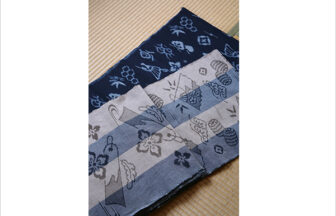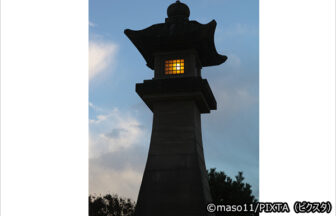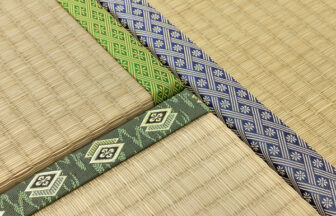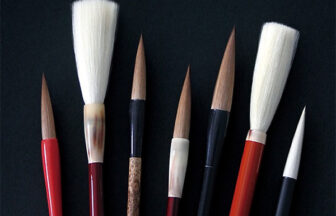Production Area
Bizen City / etc., Okayama Prefecture
Historical Details and Geographic Characteristics
Bizen yaki, or bizen ware, has such a long history that it is counted among the six oldest kilns in Japan. It is a type of ceramics inherited from the “Sue” pottery technique which uses ancient kilns. Following the end of the Heian period, craftsmen moved to the Ibe area and laid the foundation for bizen yaki, and with the opening of a market in nearby Bizen, Fukuoka (Fukuoka, Nagafune-cho, Setouchi City) during the Kamakura period, the area prospered as a trading town. During the Muromachi period when Bizen, Fukuoka also prospered as a castle town, the pottery industry further flourished due to the introduction of the rokuro (potter’s wheel) and other improvements in molding techniques, as well as a renewal of production methods through the sharing of a small number of large kilns. In addition to traditional daily utensils such as bowls, plates, and bottles, they also produced tea ceremony utensils during this period, which were highly valued by tea masters.
Under the protection and control of clans during the Edo period, large communal kilns were constructed, and production was monopolized and carried out by the six kiln owners who strongly associated their surnames with the kilns. With the strengthening of the sales system and the development of transportation networks, bizen ware’s sales channels expanded. In the mid-Edo period, bizen ware was affected by the spread of white porcelain and glazed ceramics, but its elaborately decorated ornaments (saikumono), which took advantage of the lack of glaze, gained fame as a specialty product.
After the Meiji period, bizen ware gradually declined due to the popularity of porcelain and glazed ceramics, but it still enjoys high popularity as a one-of-a-kind work of art, thanks to the many ceramic artists in Japan and abroad who have placed new value on pottery that preserves ancient production methods.
Main Retailer/Affiliated Museum
- Artists and Potteries of the Okayama-ken Bizenyaki Touyuukai and the Bizenyaki Traditional Industry Hall
- Bizenyaki Touyuukai (Official Shopping Website)
Bizen Pottery Museum
| Address | 1659-6 Inbe, Bizen City, Okayama Prefecture |
|---|---|
| Phone | 0869-64-1400 |
| Hours of Operation | 9:00 a.m. – 5:00 p.m. |
| Closed | Mondays (If the Monday falls on a holiday, the museum will close the following day), Year-end/New Year holidays |
| Admission Fee | Adults: 500 yen, High School / College Students: 300 yen, Elementary / Middle School Students: Free, Seniors (65+): 400 yen |
| URL | https://www.city.bizen.okayama.jp/site/bzmuseum/ |












